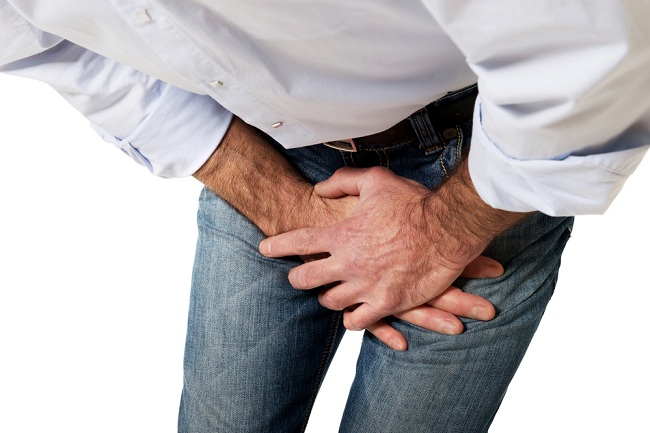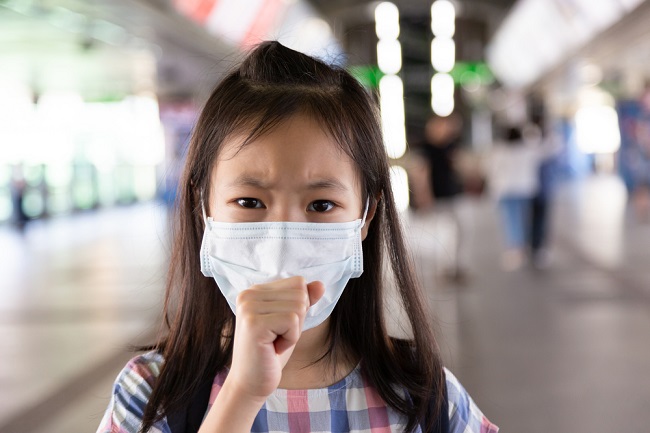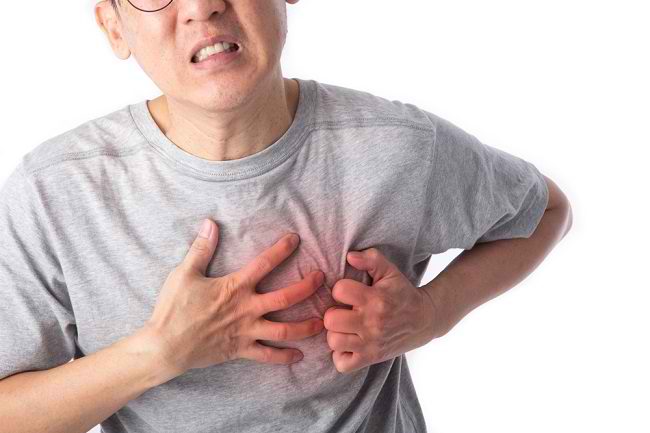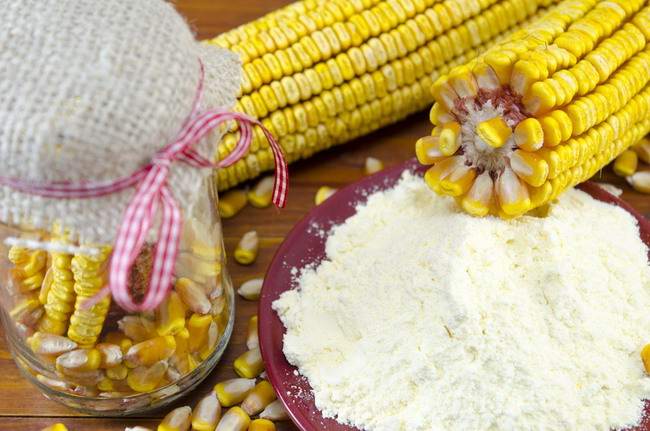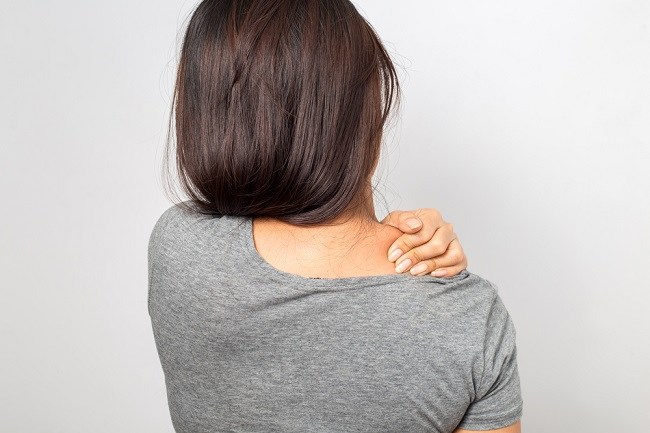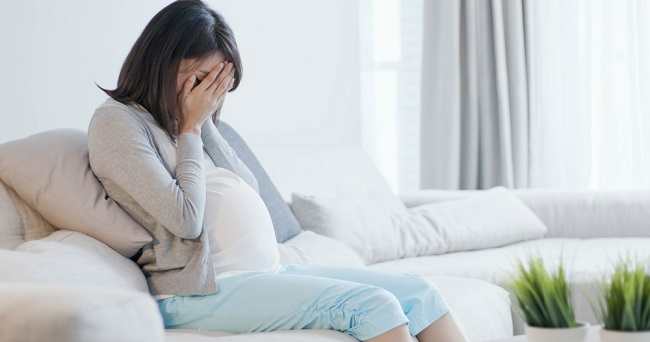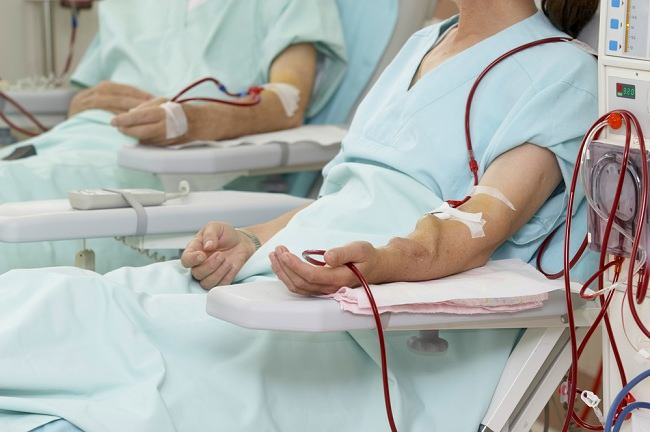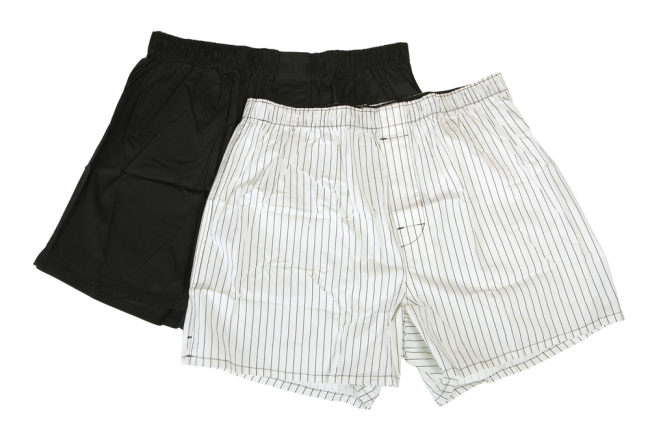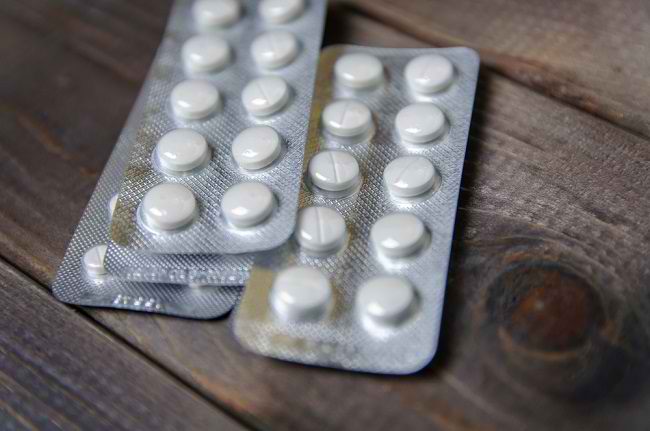The COVID-19 vaccination has started in Indonesia. However, the provision of COVID-19 vaccine for pregnant women and breastfeeding mothers has not become a priority. Why is that and what is the actual effect of the COVID-19 vaccine on women who are pregnant or breastfeeding?
In the Technical Instructions for Vaccination Implementation issued by the Ministry of Health, pregnant women and breastfeeding mothers are included in the list of groups of people who are not given the COVID-19 vaccine.

This is more because clinical trials or research on the effectiveness and safety of the COVID-19 vaccine in pregnant and lactating women are still very limited, not because this vaccine is dangerous for women who are pregnant or breastfeeding.
However, several studies have so far stated that giving the COVID-19 vaccine to pregnant and lactating women is considered safe.
Therefore, since June 2021, the Indonesian Obstetrics and Gynecology Association (POGI) has recommended the COVID-19 vaccine to be given to pregnant women and breastfeeding mothers.
Safety of the COVID-19 Vaccine for Pregnant and Breastfeeding Mothers
Pregnant women who suffer from COVID-19 are more at risk of giving birth prematurely. Research so far also states that pregnant women infected with the Corona virus are more at risk of experiencing severe COVID-19 symptoms and needing to undergo intensive care in the ICU.
Therefore, pregnant women are recommended to get the COVID-19 vaccine. In Indonesia, based on POGI recommendations, the government has now allowed the COVID-19 vaccine to be given to pregnant women with a gestational age of 13 weeks and over and breastfeeding mothers.
COVID-19 Vaccine for Pregnant Women and Breastfeeding Mothers in Indonesia
Currently, the types of COVID-19 vaccines that are only available in Indonesia are the Sinovac and Coronavac vaccines produced by China, as well as the AstraZeneca vaccine from the UK. This vaccine is made from an inactivated virus (inactivated virus), so it cannot cause COVID-19 disease.
Vaccines containing the inactivated virus have actually been used for more than 50 years in pregnant women and breastfeeding mothers, without causing harmful side effects. Therefore, in general, type vaccines inactivated virus can actually be said to be safe for pregnant women and nursing mothers.
Meanwhile, for the COVID-19 vaccine, the mRNA vaccine, such as the vaccines made by Moderna and Pfizer, there are already several studies that say that this type of vaccine is most likely safe to be given to pregnant women and breastfeeding mothers.
The mRNA vaccine does not contain a virus, but a genetic component that has been specifically designed to resemble the genetic material of a virus, which in this case is the SARS-CoV-2 virus. After successfully producing an immune reaction or antibody against the Corona virus, the genetic component of the mRNA will be destroyed.
The mRNA vaccine is also known to be safer for the fetus because it does not cross the placenta. However, the antibodies formed in the mother's body can penetrate the placenta, so the fetus also gains immunity against the Corona virus until he is born.
The mRNA vaccine is known to have 95% efficacy. However, data regarding the safety and side effects of mRNA vaccines and their long-term effects on pregnant and lactating mothers and their babies are still being studied.
Based on a Ministry of Health decree issued in August 2021, the COVID-19 vaccines that can be used for pregnant and lactating women in Indonesia are Sinovac, Pfizer, and Moderna vaccines.
If you are planning to become pregnant and have questions about the COVID-19 vaccine, you can consult your obstetrician before getting vaccinated. The doctor will examine your condition and determine whether you can get the vaccine or not.
If you are breastfeeding but need a COVID-19 vaccine because you have a certain disease that puts you at high risk for contracting COVID-19 and experiencing severe symptoms, talk to your doctor to determine what action should be taken.
Also keep in mind that giving the COVID-19 vaccine does not completely protect you from the Corona virus. You still need to follow health protocols while this pandemic is still ongoing, so that your risk of contracting COVID-19 can be reduced to a minimum.
